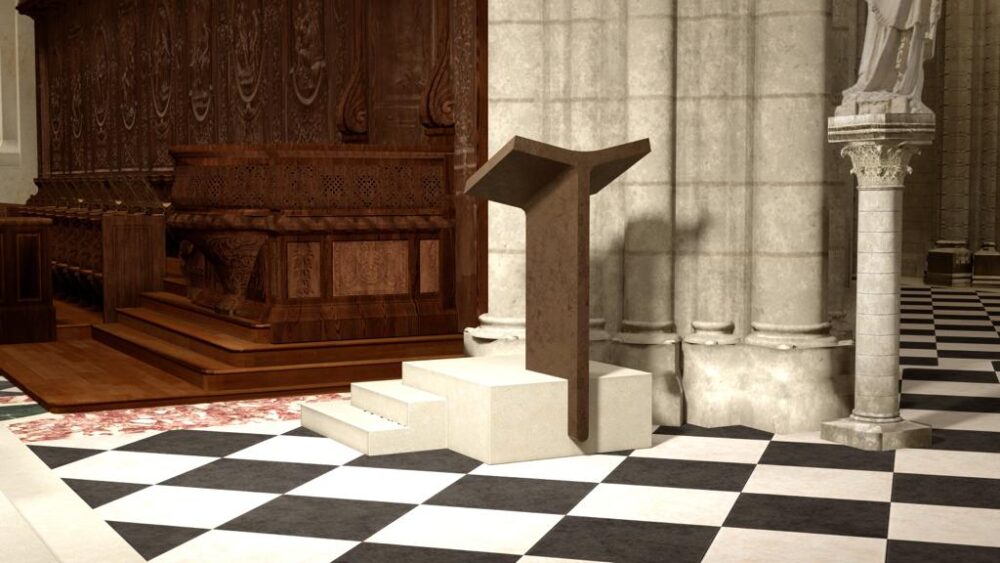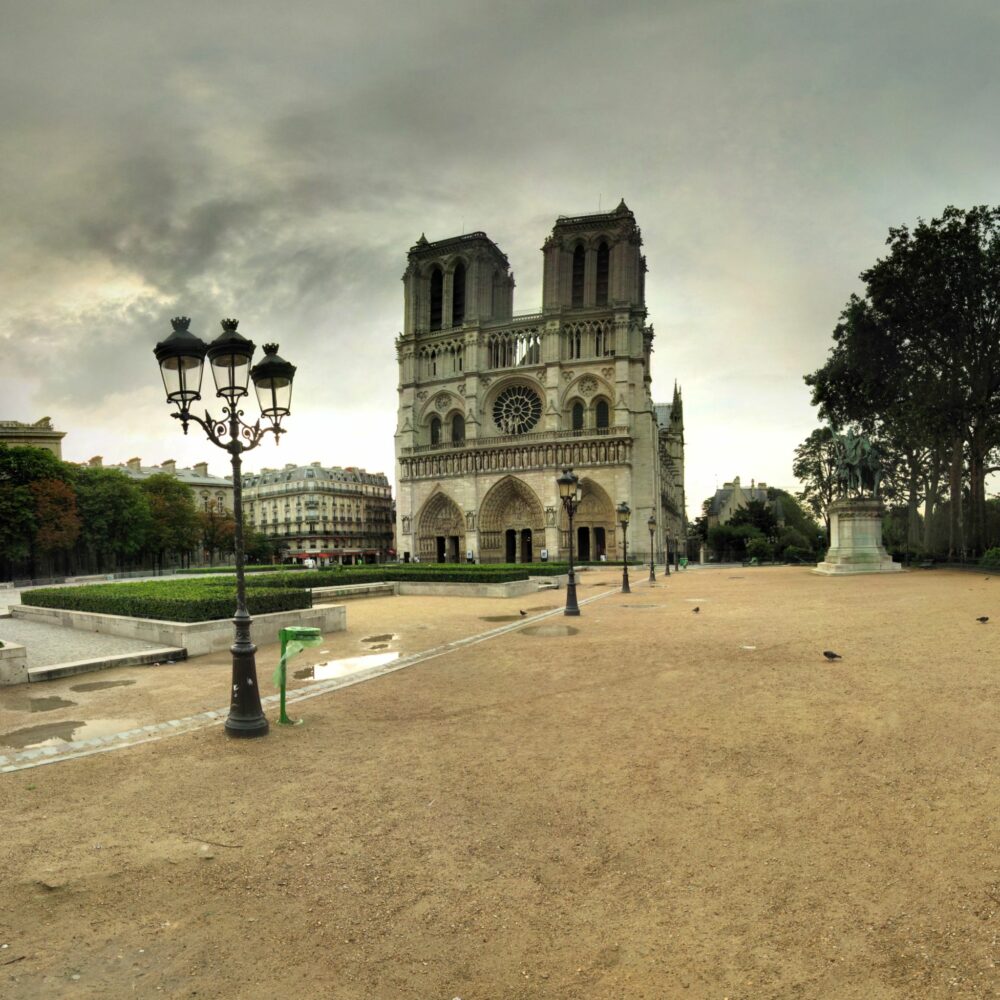1: Newcastle in County Down is nice, but I still prefer Newcastle upon Tyne.
2: Belfast International was ranked as the worst UK airport for passenger satisfaction in 2019, which feels reasonable.
3: My optician offered me “retinal screening” using optical coherence tomography, claiming that “the only downside is that it costs £25”. Cost is never the only downside to medical screening. I declined, but didn’t argue.
4: Someone has printed a map of China and put it on my desk. Hubei seems further East than the last time I looked. I’m pretty certain it’s my memory that’s faulty rather than the map.
5: Co-ordinating annual leave between Wendy and me isn’t easy.
6: After a 48hr run as Incident Director with an Incident Coordination Centre running, I can confirm with certainty: it’s exhausting. National colleagues doing longer stints with bigger ICCs under more pressure have some serious stamina.
7: The engineering challenges for high speed rail lines are more interesting to me, as a lay reader, than I would have imagined.
8: Americans report that they go to libraries almost twice as frequently as cinemas, averaging close to one library visit a month. I last visited a library two days ago and last saw a film in a cinema thirteen months ago.
9: “Amtrak recently announced that it’s getting rid of tablecloths all together because research suggested that millennials didn’t respond well to linen.” As far as I can tell, Amtrak hasn’t said anything about millennials’ response to linen, and the story about removing dining cars is four months old, so the lesson is that columnists can find straw men in the strangest places sometimes.
10: Boris Johnson’s government has started examining the feasibility of a bridge between Scotland and Northern Ireland. Anyone mentioning the offshore engineer’s view that it “is about as feasible as building a bridge to the moon”, or Johnson’s previous Garden Bridge fiasco, or indeed his proposals for a bridge between England and France will probably just be branded a doubter, a doomster or a gloomster.
11: It has a name, and that name is covid-19. I didn’t hear the press conference, but assumed ‘covid’ rhymed with ‘Ovid’ (ɒ); others at work are pronouncing it more like ‘cove-id’ (əʊ). It’s the culture war over French vs Latin pronunciation of “difficile” all over again.
12: I’m currently reading Pale Rider by Laura Spinney and my addled mind is getting confused between things that happened in the 1918 Spanish Flu outbreak and things that are happening now in the covid-19 outbreak. There is a surprising amount of overlap.
13: The M96 is unique, and some people get very excited by a road which I use regularly and to which I’ve never paid a great deal of attention.
14: Infrared thermometer guns, currently much-photographed in connection with covid-19, are not always terribly accurate, especially outside of controlled clinical settings.
15: Twenty of our Prime Ministers went to the same school.
16: The number of ministers in the UK government is capped at 109, but Governments frequently find ways around that limit (mostly by appointing people without paying them). For comparion: in 1900, there were 60 ministers; in 2010, India had 68, South Africa 66, and Canada 63. I’m sure every one of our UK ministers is appointed based on merit and public service value, and not as mechanism to force people to vote with the Government line.
17: “Since the Lunar New Year holidays concluded, many pupils in Hong Kong have been required to attend lessons via video conference. But some have become a bit too comfortable with the home-learning set-up, leading schools to introduce a strict “no pyjama” policy.” It’s interesting to ponder how outbreak control measures can influence social norms. Will we all have dress codes for working from home in future? I suppose it seems likely as videoconferencing continues to become more common.
18: The Brit Awards, which haven’t really felt relevant in years, can still unexpectedly deliver immensely powerful moments.
19: I eat meat. It’s not a strong part of my personal identity in the way it seems to be for some people, and I’ll happily eat vegan dishes when the fancy takes me (hello vegatsu). Nonetheless, I eat animal products every day, and I thoroughly enjoyed being challenged by reading an excellent Michael Huemer essay from which I learned more about the libertarian counter-arguments to intensive farming of animals: “If animal suffering were even one thousandth as important as (qualitatively similar) human suffering, factory farming would still be among the most serious problems in the world today. (Imagine that 74 million humans were being tortured in factory-farm-like conditions each year. Unquestionably, this would be among the world’s greatest problems.)”
20: “Burke Trend – a career civil servant in the Treasury before he became cabinet secretary in 1963 – once remarked that whatever the prevailing economic theory, the general ethos of the Treasury was fixed: ‘Spending money, like eating people, is wrong.’”
21: “Kinks and Convolutions” by James Lasdun in The LRB sold me on the book it was reviewing and also introduced me to the word “concupiscence” (Eager or vehement desire; in theological use, the coveting of ‘carnal things’, desire for the ‘things of the world’.)
22: In London, some people have now turned “entire new-build apartment blocks into de facto hotels designed for the short-term rental market”.
23: I’ve never thought before about how the basics of computer programming rely on a knowledge of English.
24: Gretchen McCulloch’s book Because Internet has made me realise that I use emoji as either “emblematic” or “illustrative”. I like it when books make me realise something about my own behaviour that I hadn’t fully noticed myself!
25: I’d never really thought about the association between certainty of opinion (“everyone knows Tories are scum”) and decisiveness in terms of action planning (“I know exactly what I need to do here”) until I read this Diamond Geezer post. I now see that they are both facets of decision making, but I hadn’t previously spotted that thread between things that I have previously thought of as distinct attributes of character.
26: I’ve been musing for a while that use of the word “skyrocketed” to mean “increased quickly” has been increasing quickly as compared to use of the word “rocketed” for the same meaning. I initially thought this was misuse of “skyrocket” which I’ve always taken to mean “destroy” or “blow up”, a near synonym of “torpedo”: amusing because its almost the opposite of the sense in which people are intending it to be taken. But then I came to think it was used too commonly to be an error, and thought that it was perhaps an Americanism. The OED reveals that I’m right in one sense: use of “skyrocket” to mean “increase abruptly or rapidly” is marked as being of US origin, while “rocket” to mean “increase suddenly and very rapidly” appears to be of less certain origin. But I’m more wrong than I am right: “skyrocket” to mean “destroy utterly” is marked as rare and obsolete, which makes me wonder where I picked it up from in the first place.
27: Laura Spinney’s brilliant book taught me that the respiratory tract of pigs is generally vulnerable to influenza viruses which affect the gastrointestinal tract of birds and influenza viruses which affect the respiratory tract of humans. Hence, swine are often the sources of recombinant strains of influenza which can cause large outbreaks in humans.
28: This is hardly an original observation, but I was nonetheless dumbfounded at The Louvre to witness the neverending line of people spending the entirety of their allotted 30 seconds or so in front of the Mona Lisa with their back to it, the better to take a selfie. If Dadaism says changing the context of an object can transform it into art, does changing how people interact with the Mona Lisa transform it into a different artwork?
29: “A writer in Gentleman’s Magazine in 1789 proposed charging a ‘sin tax’ on novels (like those on alcohol and cigarettes today). Taxing them—but not ‘books of real utility’—would bring in valuable government revenue and encourage better reading habits.”



